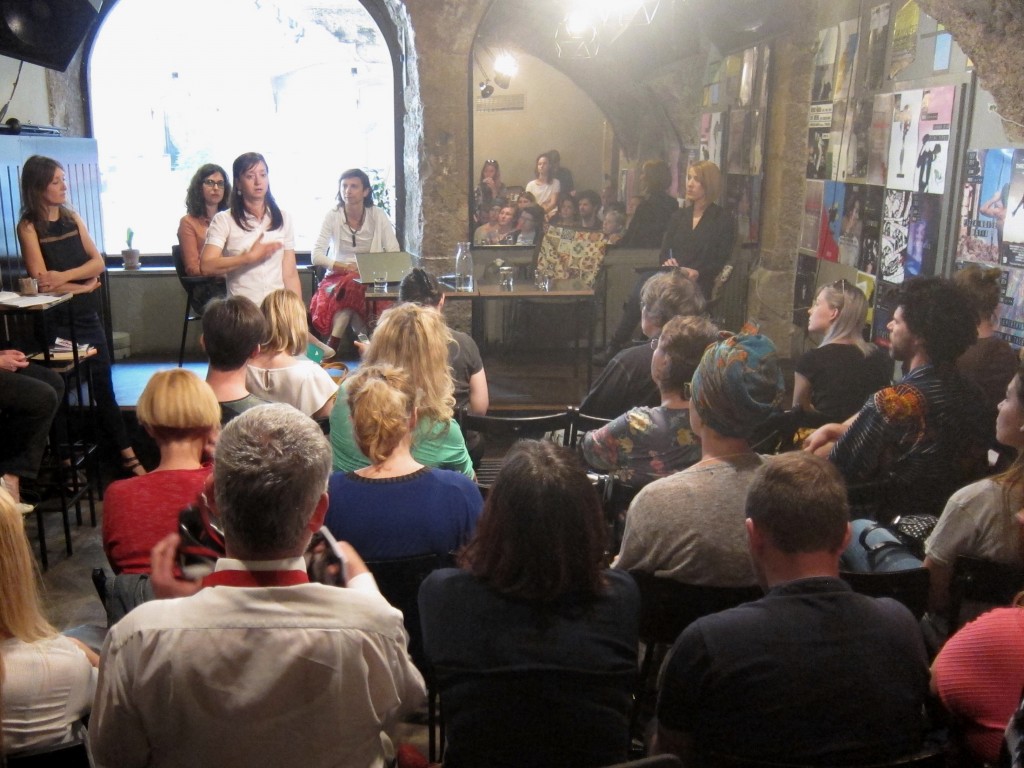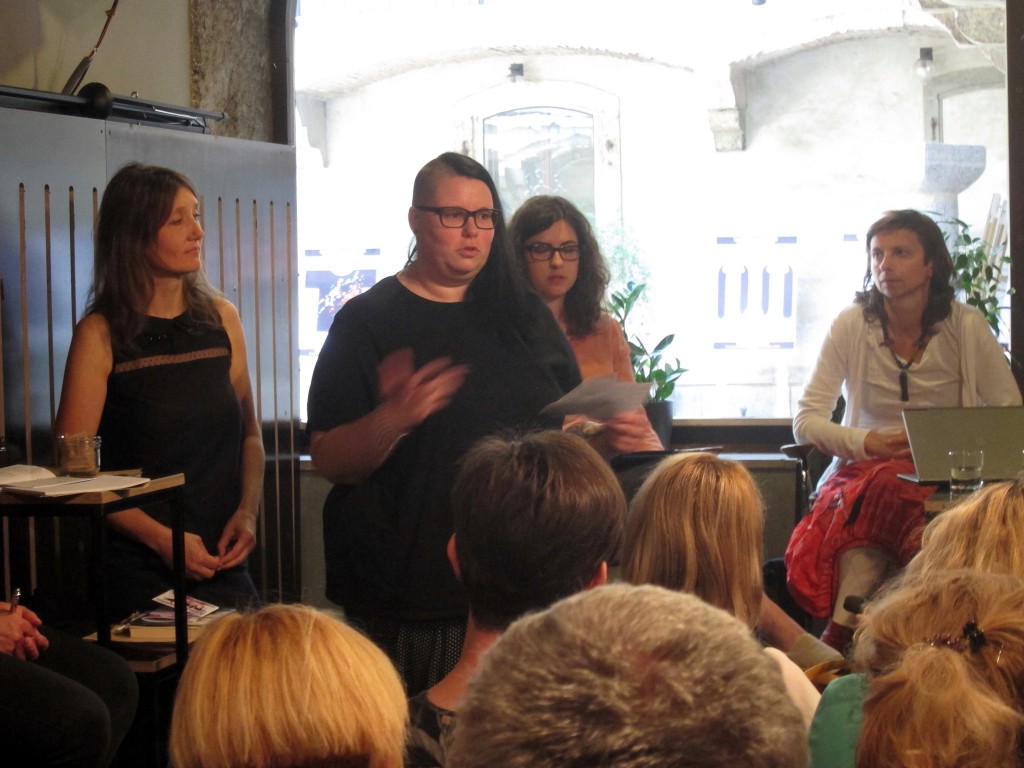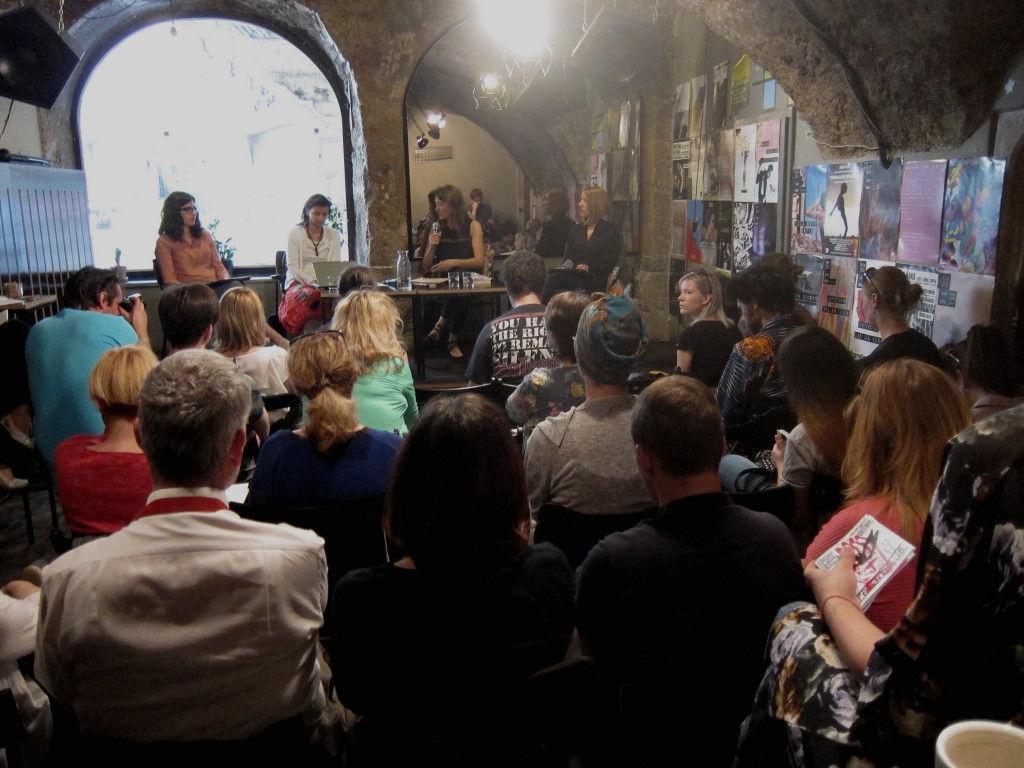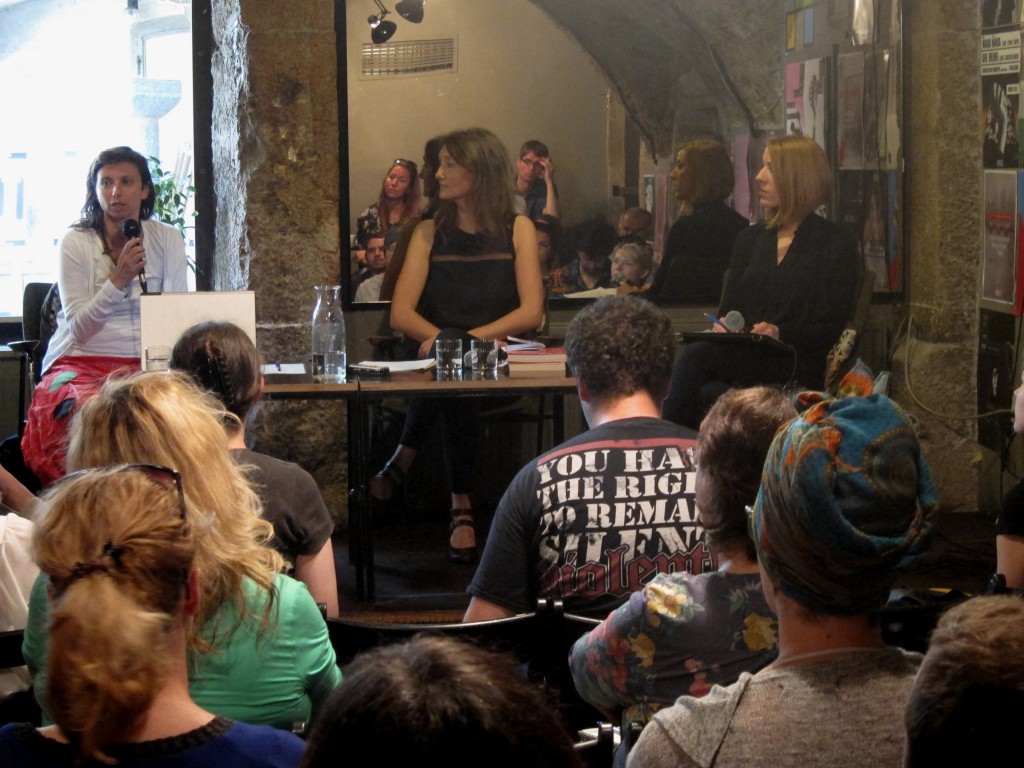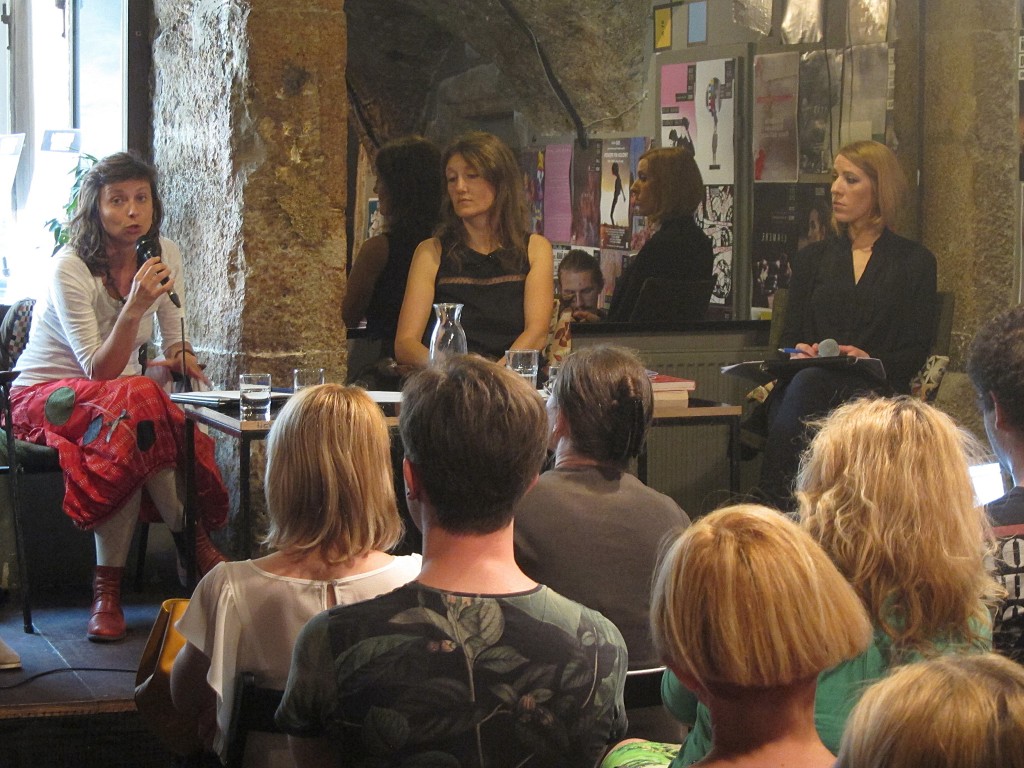Comparing Croatian and Slovenian Prostitution Regimes
Prostitution is a taboo topic in the former Yugoslav countries and engaging in sex work is criminalised in several countries, even if decriminalized (the case of Slovenia). The development of policy is ideological rather than empirically driven and is, in many cases, not informed by the human rights standards. Indeed, in both countries human rights abuses of sex workers are frequent but are not challenged and there is no sex workers organisation. There is little research on prostitution, particularly research that is based on narratives of sex workers. Further, there are no studies comparing Croatian and Slovenian prostitution policies and their impact on sex workers. This comparative research assesses commonalities and differences of prostitution policies in the two countries. It looks at if and how the differences are reflected in legal and public discourses and the narratives of sex workers. The research is focused on eliciting experiences of sex workers, as the most important source of information in designing and implementing feasible and effective policies. By undertaking research in the two post-socialist EU members which prostitution regimes fall outside the dominant frameworks, this study brings new perspectives to the scholarship on prostitution, which can make prostitution policies more inclusive. It questions the main concepts of victimhood vs. agency, work vs. violence in the context of specific cultural, economic and political circumstances of the two countries.
Project leader: Ivana Radačić.
Project coworkers: Lyn Šikić-Mićanović, Emanuela Fabijan and Josip Šipić.
Project execution
A public debate on prostitution and sex work in Slovenia and Croatia was organized in Pritličje in Ljubljana on the 21st of May with researchers Dr. Mojca Pajnik, Dr. Ivana Radačić, MSc. Emanuela Fabijan and MSc. Stephanie Stelko presenting preliminary research findings. The debate began with introductory words by Metka Naglič from Amnesty International Slovenia and MSc. Anja Koletnik from Transfeminist Initiative TransAkcija Institute who, amongst other, drew attention to the situation of marginalized statuses of sex workers and specifically transgender persons who are exposed at the global level to violence, mobbing, even murder.
In the central part of the discussion we compared the political and legal provisions that are framing prostitution in the two countries, and analysed their effects on people who are engaged in prostitution. Based on the interviews, which were conducted in Ljubljana, Zagreb and Split, we have analyzed different experiences with sex work and the problems raised by the interviewees in their relations with clients and the police. Furthermore, the discussion included experiences of stigma, security in health, as well as the problem of the absence of initiatives, organizations or programs that would respond to the needs of sex workers.
Media about the debate:
Partners:
- Institut Ivo Pilar, Zagreb (project coordinator)
- University of Zagreb

